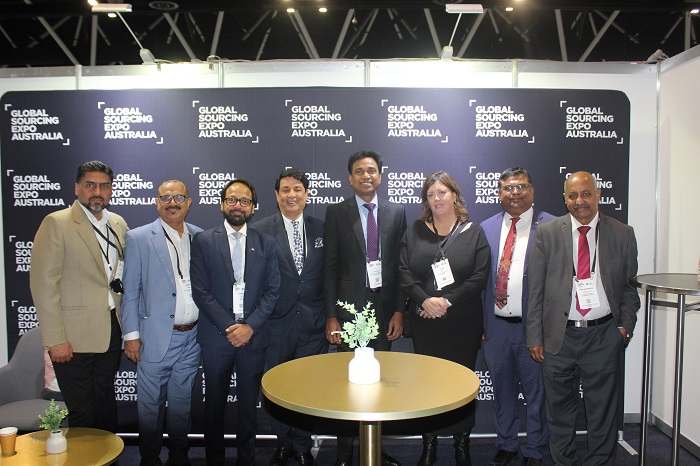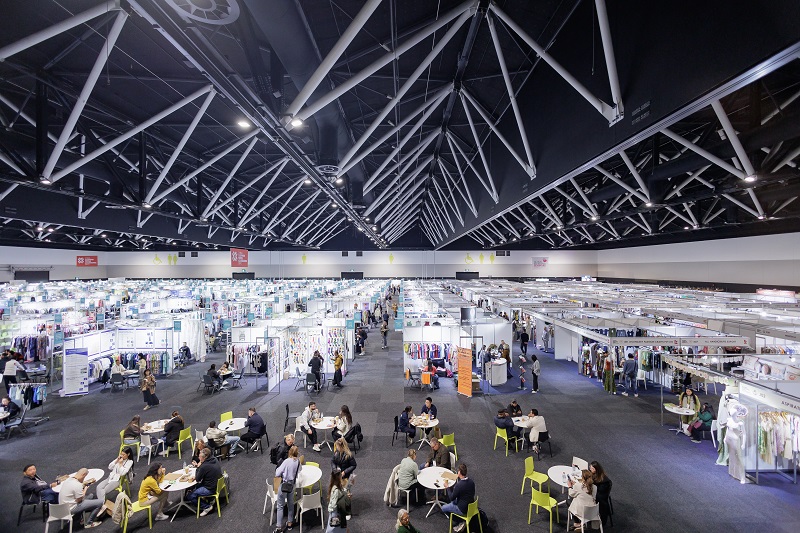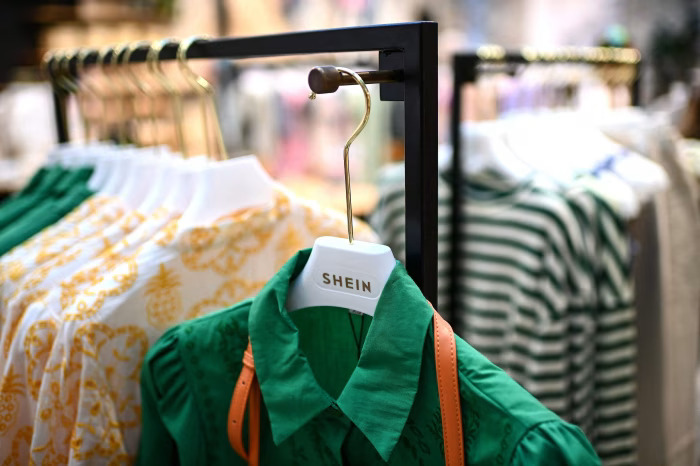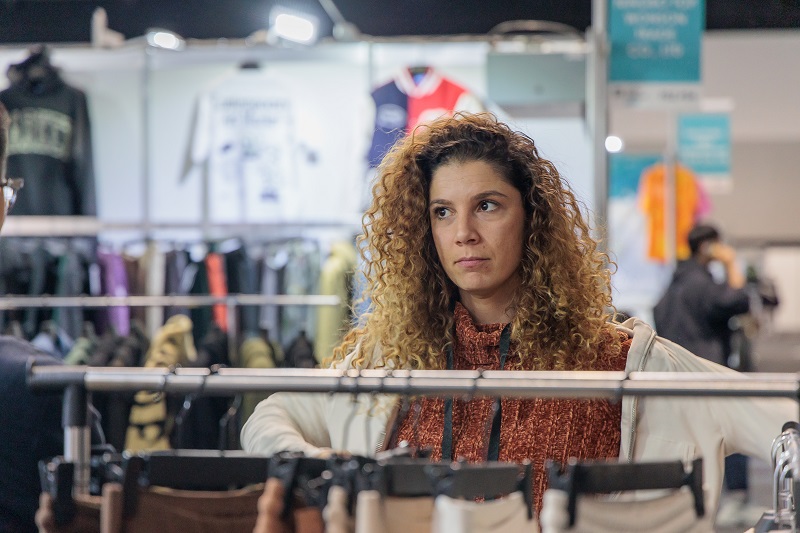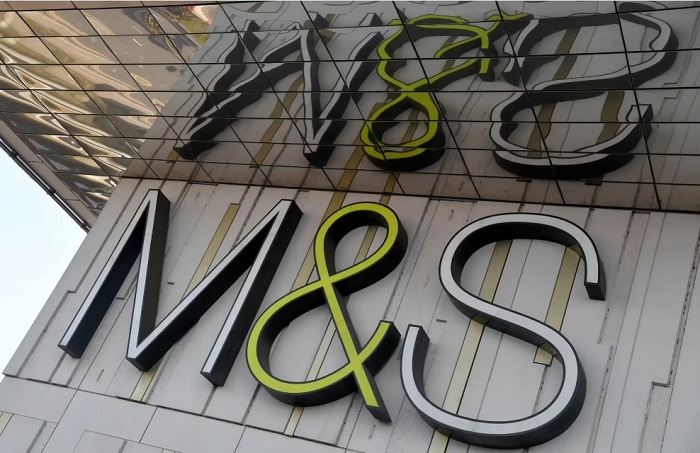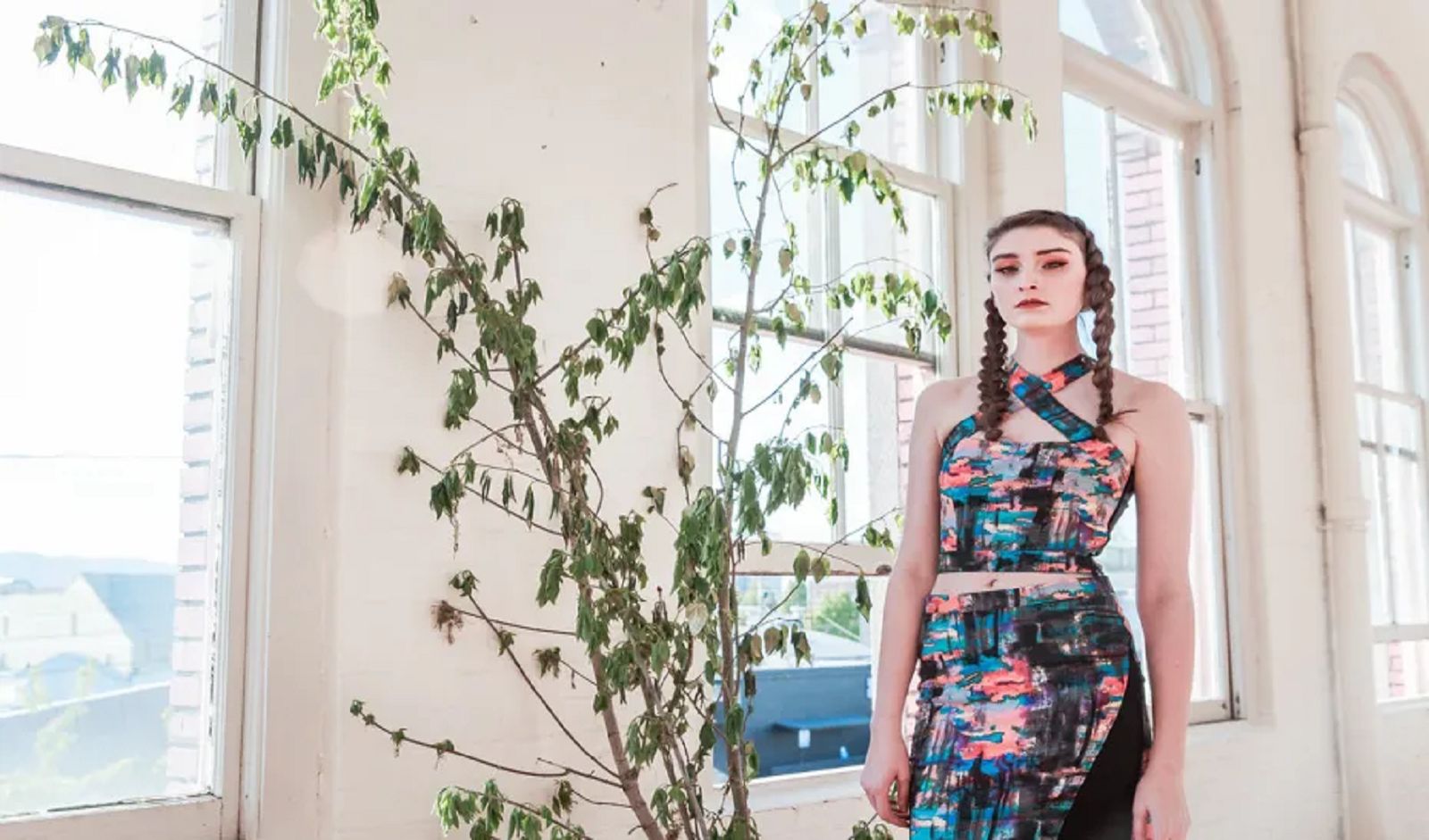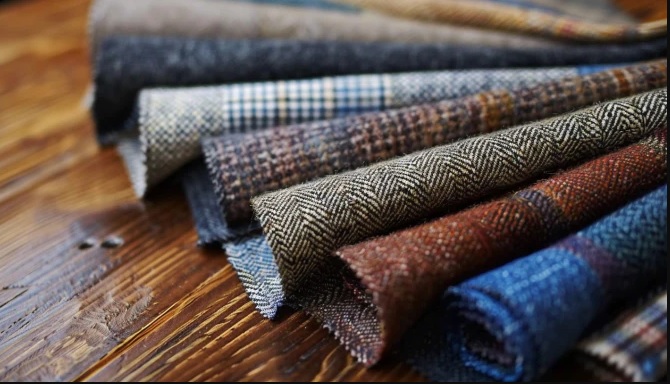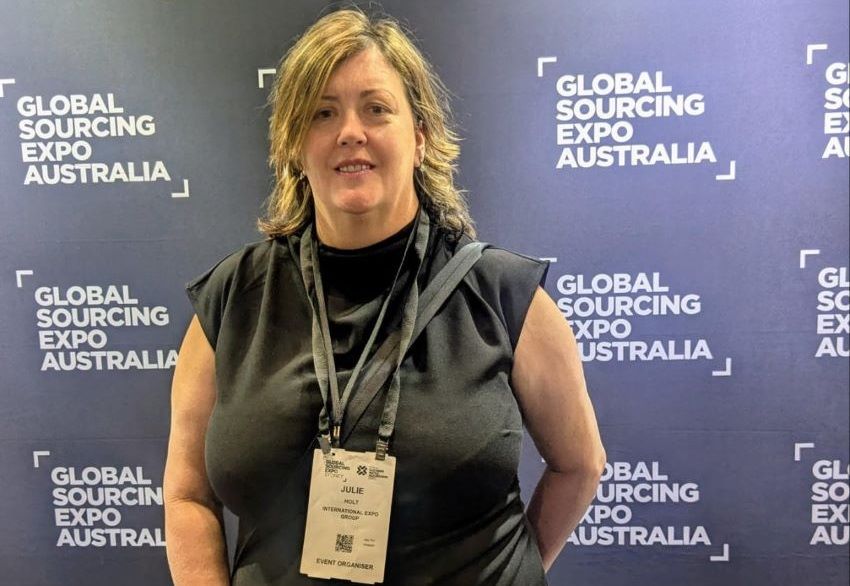FW
Texvalley, one of the largest wholesale textile markets in the country, is gearing up for its maiden Diwali booking conference ‘Textile & Garment Fair 2016 (TGF 2016)' from August 10 at Texvalley Main Mall. The three-day value-for-money event is expected to see nearly 150 branded readymade garment manufacturers. Wholesale buyers from the country are also likely to visit the fair which will exclusively cater to the needs of the approaching festival season.
DP Kumar, Executive Director of Erode Textile Mall, which owns Texvalley says they have planned the event in such a scale that TGF would eventually be the most popular show for Diwali collections year-after-year. In view of the announcement of a special package for the textiles sector by the Centre, Texvalley has embarked on a slew of measures for the benefit of members. This include: establishing a B2B trade portal for textile and garment product categories; setting up a modern digital design studio; launching an innovation entrepreneurship centre; partnering with SITRA to set up a test & training centre; and setting up a B2C web store covering Amazon, Flipkart, Ebay, Jabong among others.
Syrian exporters are looking at Iran with interest. They will market their products in Iran by hosting a number of exhibitions. To start with there will be an exhibition of textile products in September. Scores of Syrian companies will take part in the exhibition and showcase their products of clothing. The exhibition will be one of the largest and the most important Syrian textile exhibitions to be held abroad.
Iran is an important market for the Syrian textile industry which has witnessed a recovery during the past couple of years. A free trade agreement between the two countries allows goods to be exchanged with competitive tariffs that do not exceed four per cent. A center for Syrian exports has been opened in Tehran where specialized work teams are tasked with advertising and promoting Syrian products.
Syria has entered into a new phase of trade and investment cooperation with countries, particularly Iran. Syria has export potential in a significant number of agricultural and industrial sectors.
Iran’s high levels of security, diverse economy and educated workforce could make it a new conduit in a crisis-hit region. Its location allows access to Arab states in the south and west, central Asia in the north, and Afghanistan and Pakistan in the east.
Union textile minister Smriti Irani has announced the launch of a national helpline for weavers that would also be a census of concerned workmen. The minister made the announcement at the second National Handloom Day celebrations at Swatantrata Bhavan, Banaras Hindu University. The helpline, to be headquartered at the ministry of textiles, will enable weavers to lodge complaints with the minister directly and also give suggestions for development of the handloom sector.
The initiatives are meant to further Prime Minister Narendra Modi’s general election promise to help the sector, which includes a large community of Muslim weavers.
The government has started linking skill development initiative with its program to develop the handloom industry. An MoU was signed between the Ministry of Skill Development and Entrepreneurship (MSDE) and the Ministry of Textiles on National Handloom Day to bring in a paradigm shift in the handloom industry.
Though trades like spinning, dyeing, beem bharai, designing and weaving are traditional skills which are in practice for decades, but they have never been given importance formally. Now, there is a need to revive interest in these skills and make them viable and paying. The MSDE and the Ministry of Textiles have chalked out a new strategy for promoting production and marketing of high value quality handloom products with the key objective of enhancing earnings of handloom weavers.
At present, 28 Weavers Service Centres (WSCs) across the country are providing technical assistance to handloom weavers. WSCs are nodal agencies for carrying out skill up-gradation training in the areas of weaving, designing, dyeing/printing, managerial functions and use of technology in handiworks.
In the Tirupur knitwear cluster, the recent High Court order on minimum wages announced in October 2014 for the tailoring industry has evoked mixed reactions. According to Tirupur Exporters’ Association president A Sakthivel, the court order is not applicable to hosiery industry but only for the tailoring industry.
Substantiating Sakthivel’s views, industry sources say another order by Madras High Court on March 17 this year, based on a petition by a Dindigul textile unit that has a production base in Tirupur, the court had mentioned hosiery and tailoring industries were different. CITU state secretary M Chandran meanwhile, said the court order should be implemented in categories of employees where the minimum wages given were found lower than in the October 10, 2014, order.
For example, tailors in Tirupur cluster are getting higher wages in the tripartite wage agreement signed by textile associations, trade unions and labour department compared to the scales in the 2014 order. But the scales of helpers and sweepers in units are quoted higher in the 2014 order. In such cases, arrears should be given, said Chandran.
However, the GO on October 10, 2014, issued by Labour department, on ‘Revision of minimum rates of wages for employment in tailoring industry’; had given room for confusion even then as the government had constituted minimum wages committee for employment in hosiery industry.
In a bid to nurture premium fashion and lifestyle brands of the country, the South Korean Ministry of Trade, Industry and Energy (MOTIE) has announced plans to invest around $27 million next year. Doubling the R&D budget and supporting the whole process, right from design to marketing for exports to other countries across the globe for seven categories which include furniture, bags, sports and leisure, accounts for an effort to boost exports of consumption goods.
In order to raise added value to fashion and apparel, the Korean Government will lend a helping hand to young designers in setting up their own businesses and will choose 200 promising designers and help them grow their international business by 2020. The Government also plans to promote new distribution platforms to assist 300 brands in showcasing their products at overseas online stores.
In line with its objective of diversifying trade beyond the European Union and the US, the Indian government plans to examine the feasibility of a free trade agreement (FTA) with Mexico. The North American country holds opportunities for India to expand trade and a visiting trade delegation has already been promised increased opportunities for sectors, including dairy, pharmaceuticals and telecom outside a free trade pact.
The Commerce Secretary recently led a trade delegation to Mexico including representatives from industries such as dairy, telecom, tyre manufacturers, pharmaceuticals and IT. After a series of productive meetings with both private industry and government agencies, it was gathered that there was a lot of potential to expand.
Way back in 2012, India had looked at a possible free trade pact with Mexico but it had not seemed a good idea because of limited trade at that time. While India’s total exports to Americas declined more than 10 per cent in 2015-16 to $52.882 billion and exports to the US declined 4.57 per cent to $45.3 billion, exports to Mexico, at $2.86 billion, remained unchanged.
India has been ranked the fourth most riskiest country in the world to do business in. Syria has been ranked the riskiest and occupies the top spot. Yemen was ranked number two, Libya ranked three, India at four, Burundi at five, Bangladesh at six, Mexico at seven, Myanmar at eight, Portuguese Territories at nine and Nigeria at 10.
This means Bangladesh is seen as comparatively less risky than India. The report offers investors in-depth analysis on Bangladesh’s intractable political crisis, the recent terror attacks and the deleterious impact unrest is having on supply chains.
Once Pakistan used to dominate the top 10-chart but this time the South Asian country has stayed out. The exercise has been undertaken by the European risk analysis firm Verisk Maplecroft, which has ranked almost 200 countries in terms of their exposure to protests, mass demonstrations, ethnic or religious violence.
France ranks 16th behind Argentina and barely in front of Afghanistan and Mali a former colony. It is the only European country in the top 20 and considered high risk. Greece, which almost got the boot from the euro, came in 25th. Germany and the UK are still considered low risk.
In a few days before there could be a rally in cotton prices, farmers from Texas can expect prices of the commodity to range between 65 cents and 78 cents over the next few months, according to a Texas A&M AgriLife Extension Service cotton economist at College Station.
Overall, there is a weak demand. Over the last 30 days, Texas cotton crop has been hit hard with excessive hot, dry weather. Harvest projections for Texas are 7 million bales on the higher side. The low side would be the five-year average for Texas excluding the 2011 result of about 5.5 million bales. Blacklands region has a few areas that could surprise a lot of folks once harvest activities begin in another month. Harvest activity in South Central Texas will begin in another 30 days or so. Timely rains will help boost yields leading to harvest.
Bangladesh’s Ministry of Jute and Textile has sent a letter to the Prime Minister’s Office, and the power, energy and mineral resources ministry requesting them not to increase gas price for captive power generation for textile industries. The decision came from an inter-ministerial meeting presided over by state minister for jute and textile Mirza Azam. In the meeting textile mill owners said that the proposed hike in gas price by 130 per cent to Tk 19.26 per unit from existing Tk 8.36 per unit would make the industry uncompetitive leading to loss of exports, closure of mills, unemployment and fall of foreign exchange earnings and retention.
Bangladesh’s textile sector has been passing through a tough time due to slow global economy, Britain’s exit from the Eau and the recent terror attack. Under these circumstances, if the government increases gas tariff, textile sector will lose its competitiveness and the country will have to depend on export for yarn and fabric, BTMA president Tapan Chowdhury said. He said that the proposal to increase gas price for the captive power within a year was not acceptable. Bangladesh government increased the price of gas for captive power by 100 per cent to Tk 8.36 per unit from Tk 4.18 per unit on September 2015.


